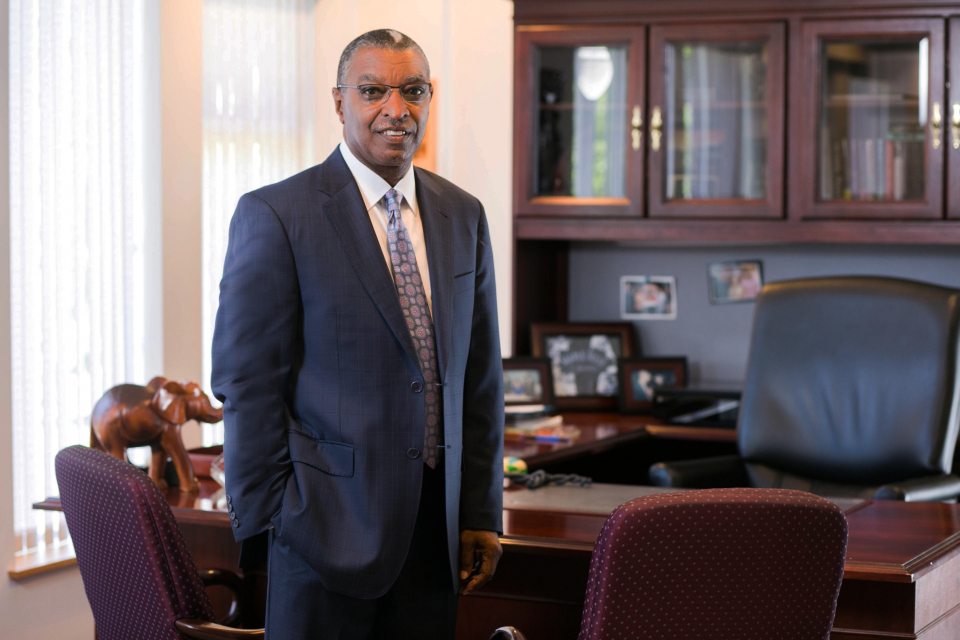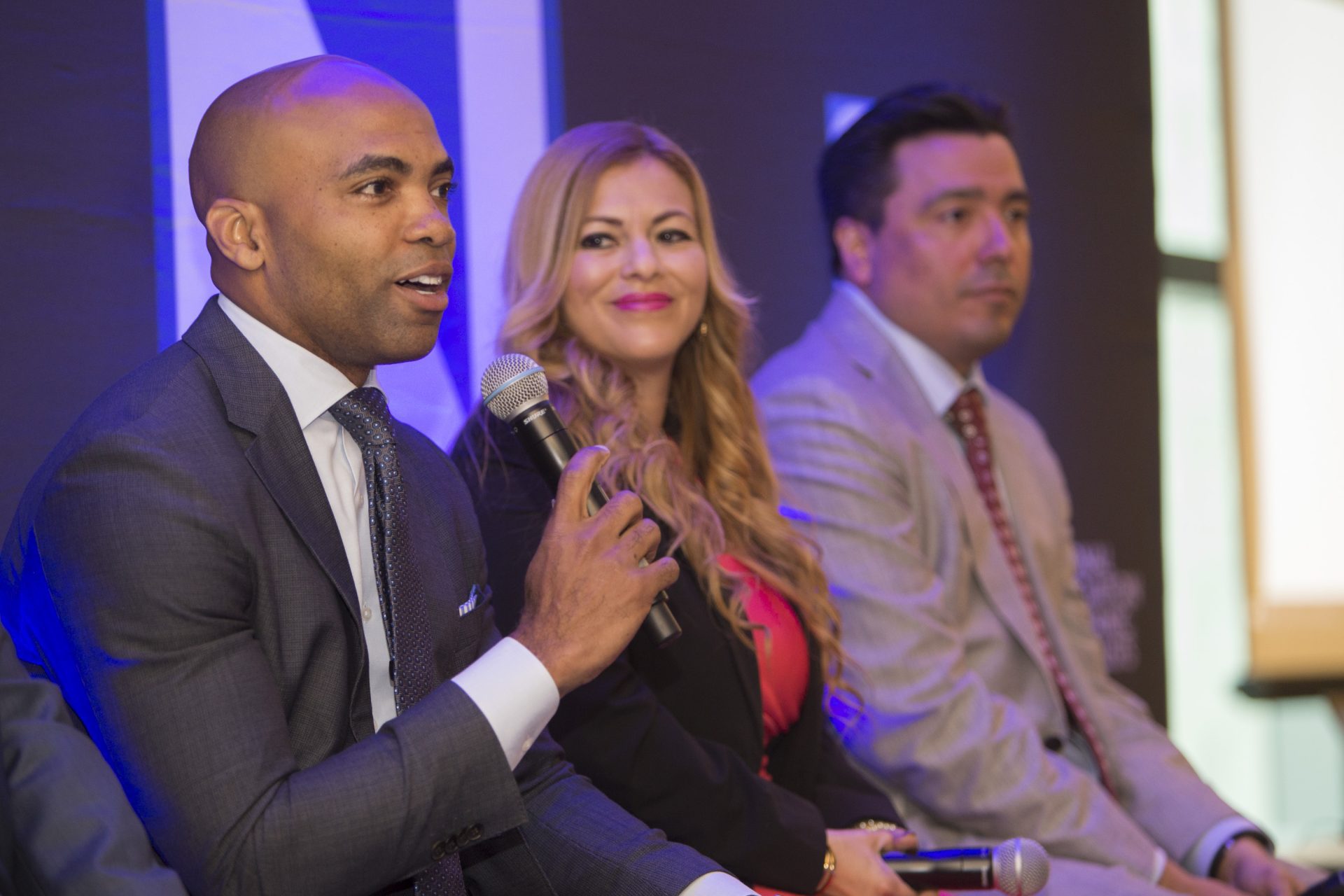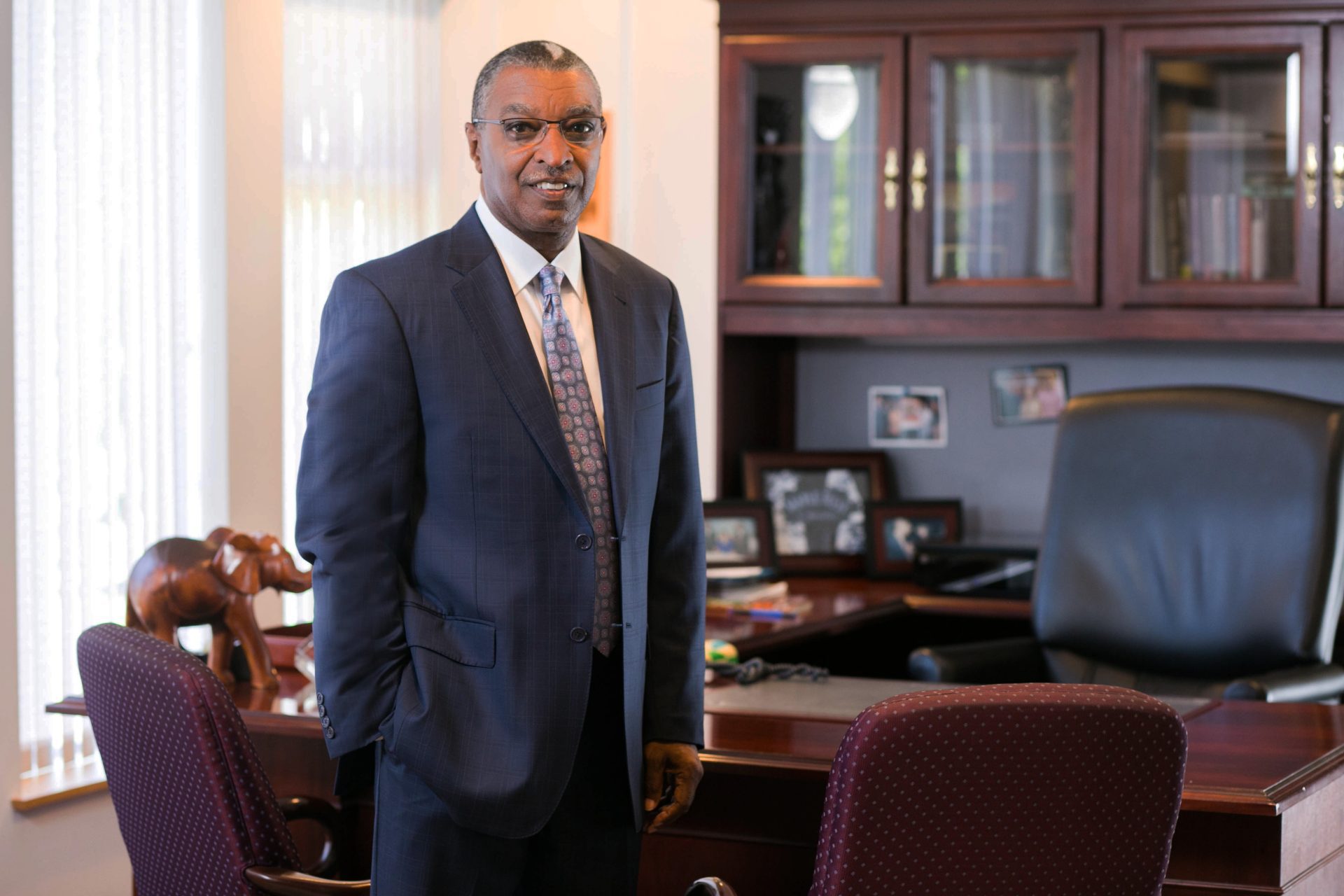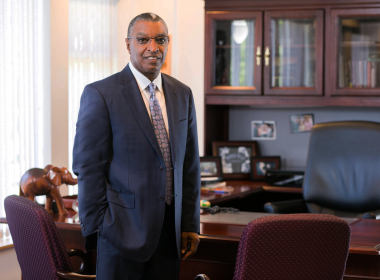
When I was broke and heavily dependent upon credit cards, I didn’t realize I had a problem. I didn’t have to focus on the avalanche of debt that was about to bury me until warning rumblings — like the IRS knocking at my door — shook me out of my delusion. By the time I recognized my problem, there was no easy solution — but admitting that I had a problem and focusing on fixing it was the first step. I had to get started.
If you want to break the chains of financial slavery, then you must examine the psychology of your spending habits and explore the emotions attached to money-related matters. It helps to know that you are not alone. How did we get into this situation in the first place?
If your household was like mine growing up, your family didn’t talk much about money. Perhaps your parents were frugal and taught you good basics such as pay your bills on time, save money for a rainy day and only use what you need. Perhaps your parents lived from paycheck to paycheck or worse. No matter the case, as you grew you were constantly bombarded with ads and other messages that reflect America’s consumption culture. And America has a problem.
While credit card debt in America quickly approaches $1 trillion, overall consumer debt in the U.S. is $3.4 trillion and growing. According to the Federal Reserve in 2015, 46 percent of adults said they either could not cover an emergency expense costing $400 or would cover it by selling something or borrowing money. And yet most adults have accumulated a lot of stuff, likely to make us feel good.
My journey into financial hell started with a single Gulf Oil credit card. When I was 18, my parents helped me buy an old car with cash so that I wouldn’t have the burden of recurring payments. I started out only driving the car when I had money for gas, so I still walked quite a bit. It was a disciplined approach that was completely shattered when I learned I could always keep my gas tank full, simply by charging the purchase to the credit card. Over time, it became easier to justify to myself why I needed to drive instead of walking or pursuing alternate forms of transportation. I was a busy young preacher, civil rights activist, community development leader and proponent for social justice. I needed to be where I needed to be quickly. I was important.
The Gulf card began a 15-year cycle of credit, interest and penalty payments that I am often too embarrassed to describe. Yet, I didn’t focus on my problem until I was ready to get married and couldn’t afford to do so. Then, I had to sit down and examine all of my debt and compare it to my income. I had to get started.
No matter what drove you to debt, no matter what drives you to eliminate your debt — get started. Admit you have a problem. Now imagine how much better your life will be without that problem. This is all it takes to start living dfree® – no debt, no delinquency, no deficits. So, take a deep breath and be honest with yourself. Do you want to be free?
Dr. DeForest B. Soaries Jr. is the author of Say Yes to No Debt: 12 Steps to Financial Freedom, senior pastor of the First Baptist Church of Lincoln Gardens in Somerset, New Jersey and founder of the dfree® financial freedom movement. For more information, visit www.mydfree.org.
















